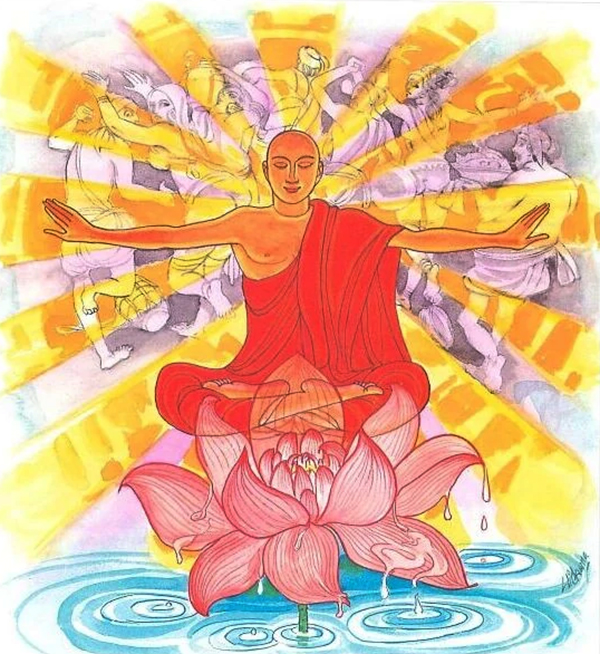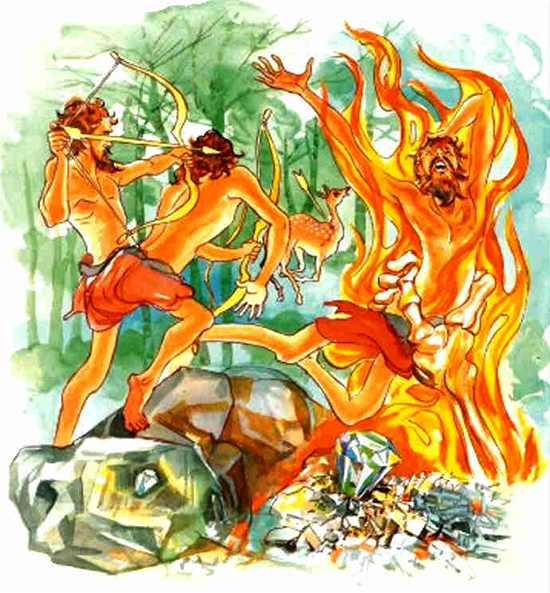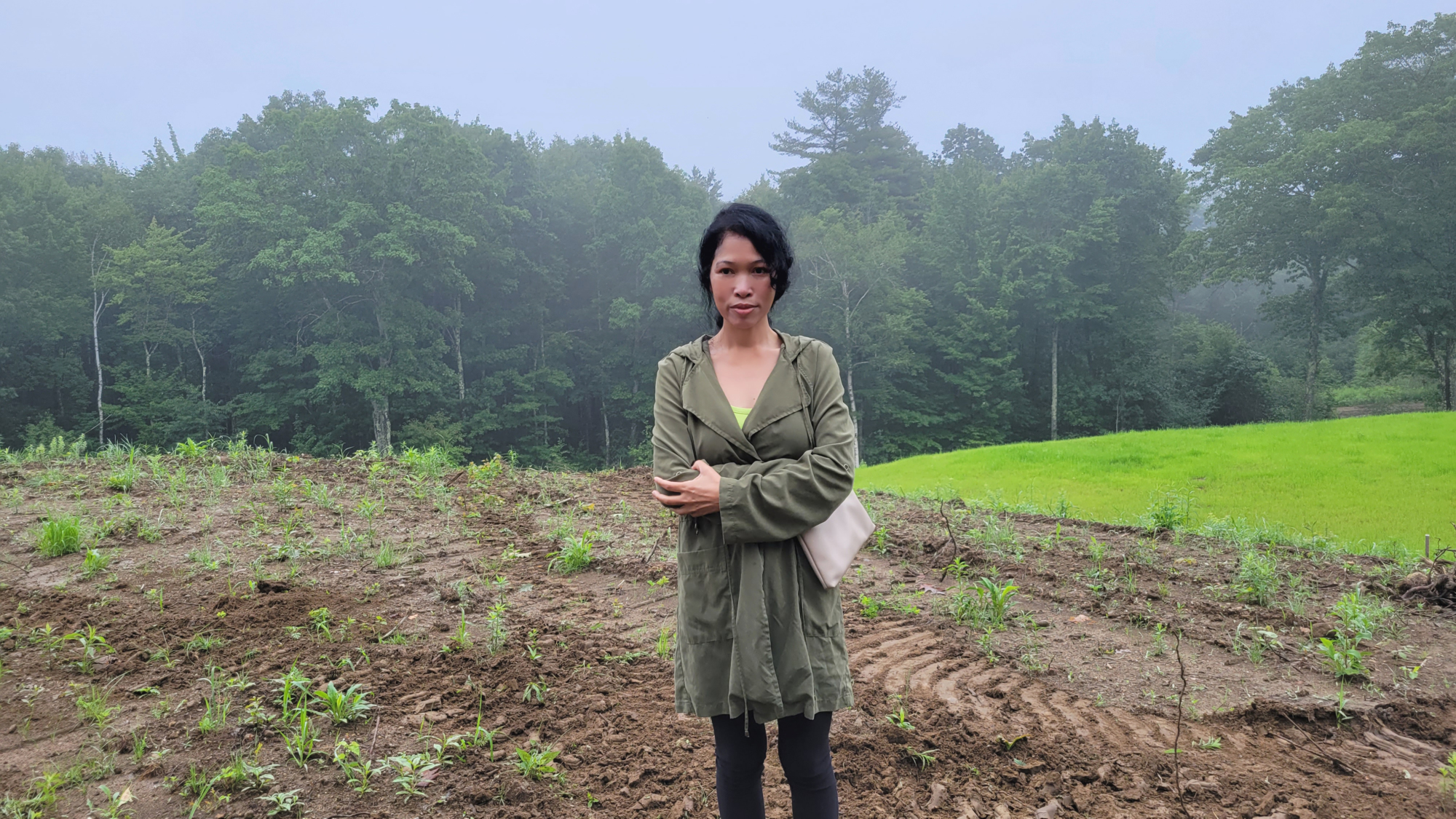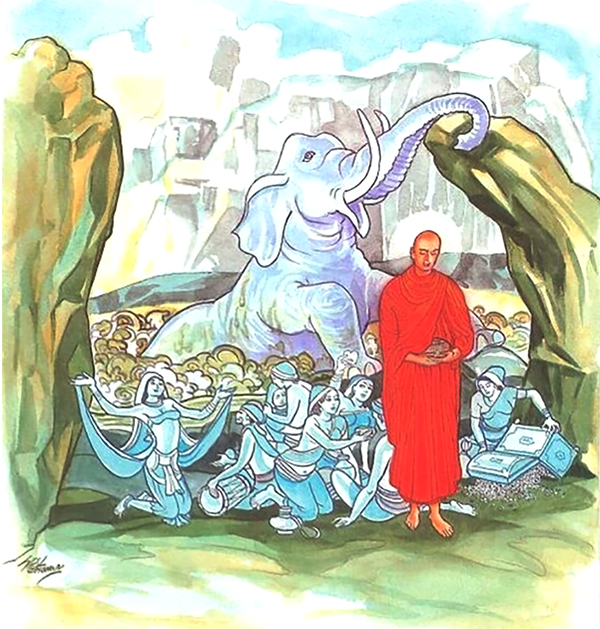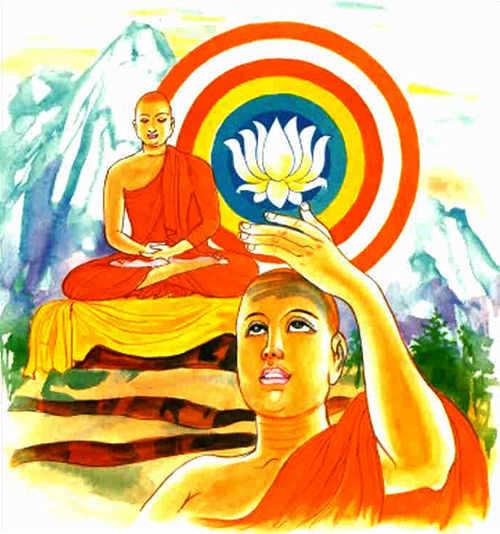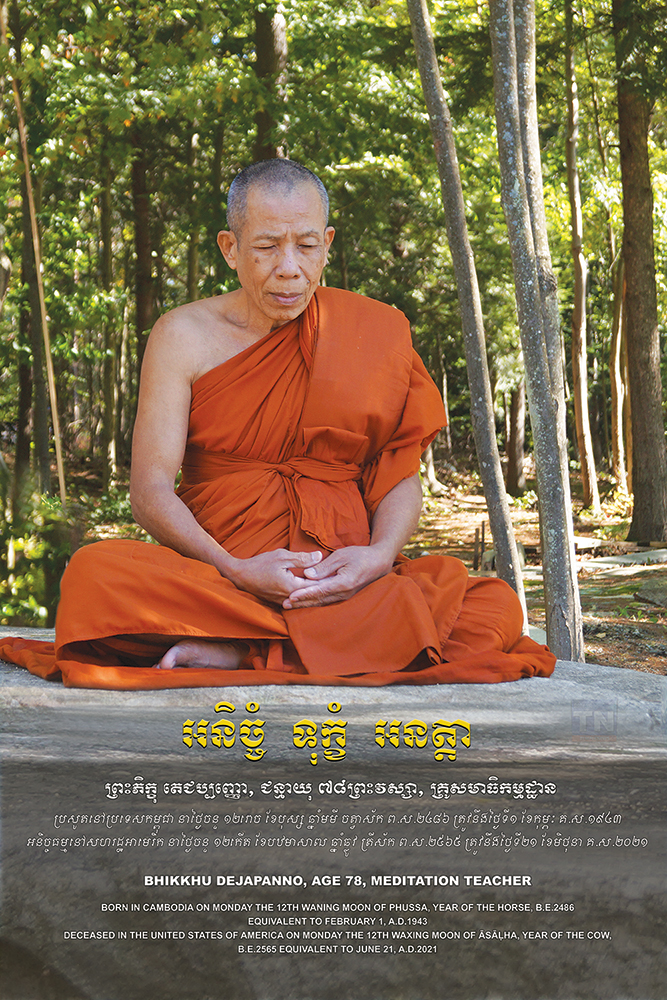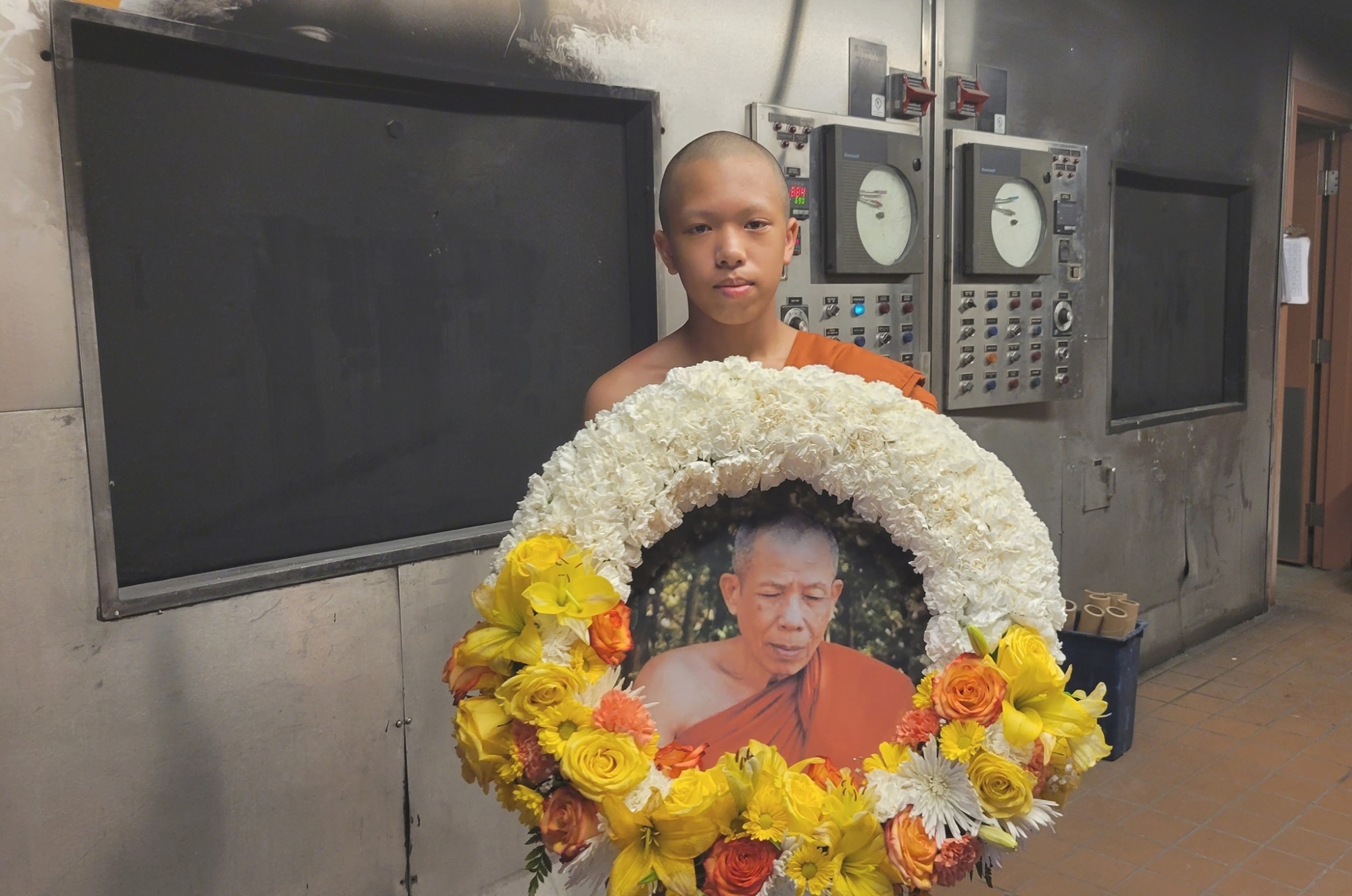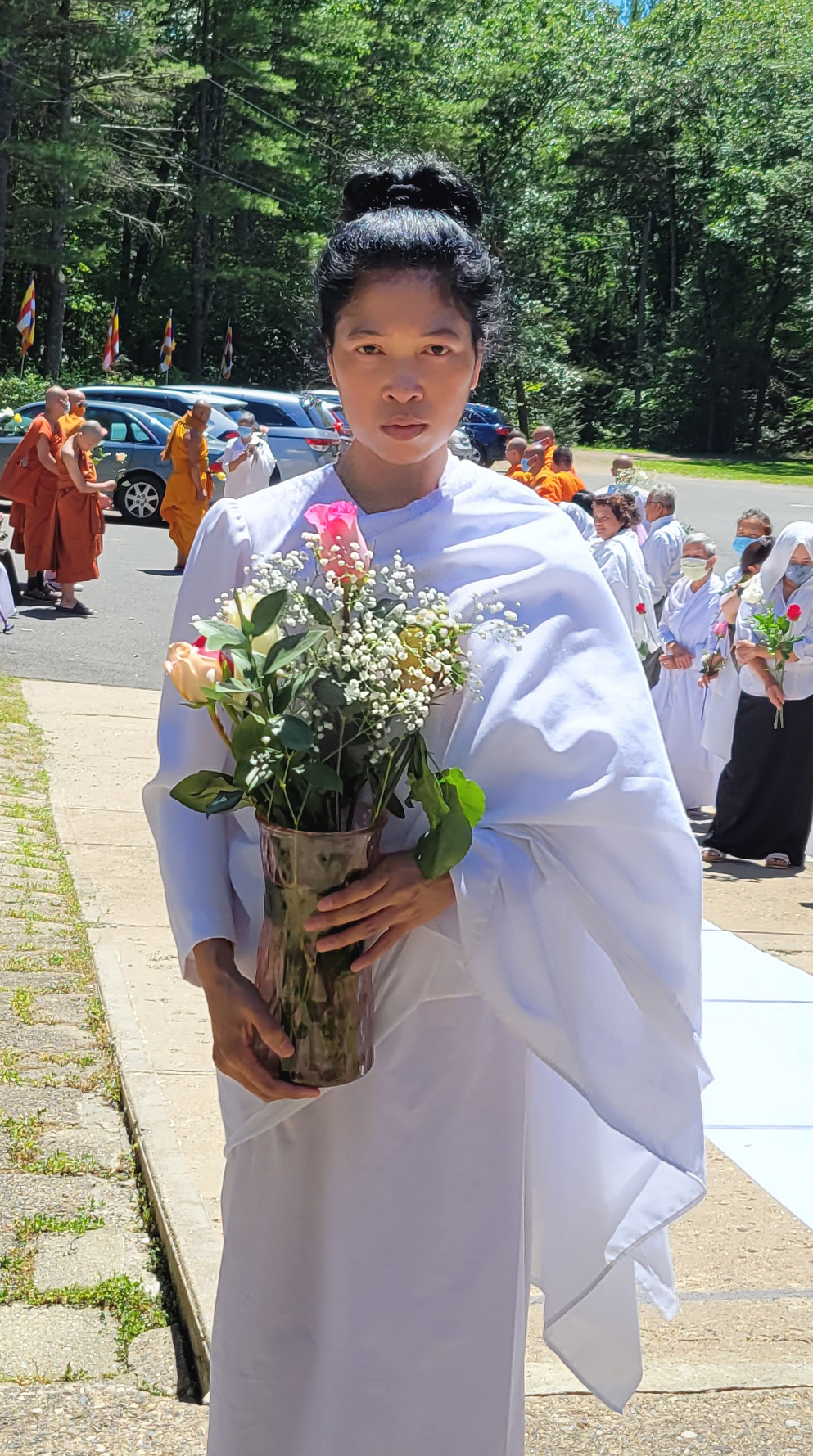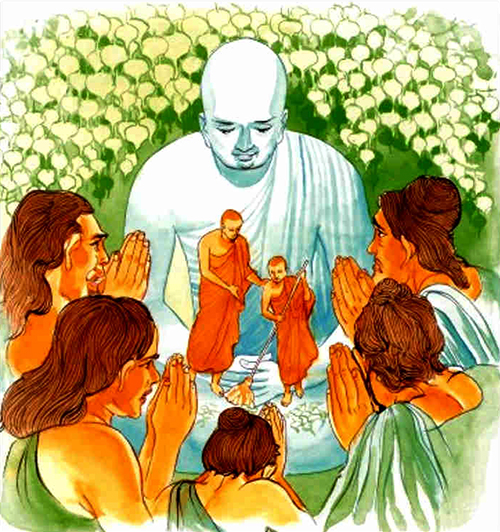Tanhavagga: Craving
- The craving of one given to heedless living grows like a creeper. Like the monkey seeking fruits in the forest, he leaps from life to life (tasting the fruit of his kamma).
-
Whoever is overcome by this wretched and sticky craving, his sorrows grow like grass after the rains.
-
But whoever overcomes this wretched craving, so difficult to overcome, from him sorrows fall away like water from a lotus leaf.
-
This I say to you: Good luck to all assembled here! Dig up the root of craving, like one in search of the fragrant root of the birana grass. Let not Mara crush you again and again, as a flood crushes a reed.
-
Just as a tree, though cut down, sprouts up again if its roots remain uncut and firm, even so, until the craving that lies dormant is rooted out, suffering springs up again and again.
-
The misguided man in whom the thirty-six currents of craving strongly rush toward pleasurable objects, is swept away by the flood of his passionate thoughts.
-
Everywhere these currents flow, and the creeper (of craving) sprouts and grows. Seeing that the creeper has sprung up, cut off its root with wisdom. Continue reading


